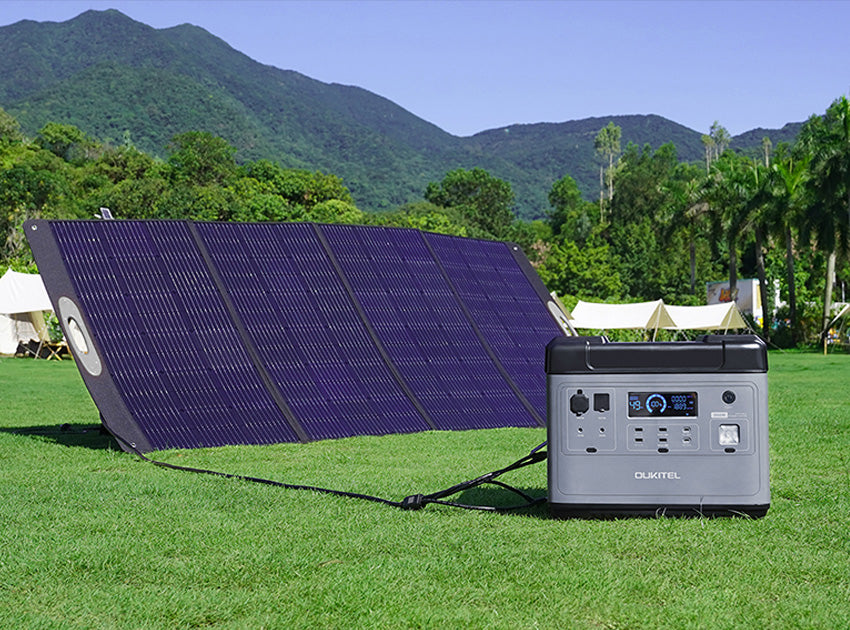Are you looking for a reliable power backup solution that can keep your home or business running during blackouts and outages? Look no further than solar battery backup systems! Not only are they eco-friendly, but they also offer significant cost savings in the long run. With so many options available in the market, it's crucial to understand what sets each system apart. In this blog post, we'll take a closer look at the top solar battery backup solutions of 2021 and weigh their pros and cons to help you make an informed decision. Let's dive in!
What are the Different Types of Solar Battery Backup Solutions?
There are mainly two types of solar battery backup systems available in the market - AC-coupled and DC-coupled.
AC-coupled systems use an additional inverter to convert the power from the solar panels into usable electricity for your home or business, making them more compatible with existing grid-tied setups. These systems can also be easily expanded by adding extra batteries.
DC-coupled systems, on the other hand, integrate a charge controller into the system that regulates how much energy is stored in the batteries. This makes DC-coupled systems more efficient as they reduce energy losses during conversion.
Another type of solar battery backup solution is hybrid inverters that allow you to switch between grid power and off-grid power seamlessly. They can be used not only as backup generators but also as primary sources of power for your home or business.
Portable solar-powered battery banks are a great option for outdoor activities like camping and hiking. They can store energy from sunlight and charge small devices like phones or laptops while on-the-go.
Understanding these different types of solutions will help you choose one that best fits your specific needs!
Pros and Cons of Solar Battery Backup Solutions
Solar battery backup solutions are becoming increasingly popular as more people look for ways to save money on electricity bills and reduce their carbon footprint. While there are many benefits of using solar battery backups, there are also a few drawbacks that you should be aware of.
One of the biggest advantages of using a solar battery backup is that it can help you save money on your energy bills. By storing excess energy produced by your solar panels during the day, you can use this energy at night or during times when your panels aren't producing enough energy. This means you won't have to rely solely on grid power and can potentially reduce your monthly electric bill.
Another benefit is that having a solar battery backup system in place ensures uninterrupted power supply even during an outage. The stored energy will keep appliances running for hours, if not days depending upon the amount of storage capacity available.
However, one major drawback of installing a solar battery backup solution is its initial cost which may require years before recouping it through savings from reduced electricity bills. Additionally, high-capacity batteries still come with hefty price tags making them unaffordable for some homeowners.
Moreover, another disadvantage is related to environmental concerns as both lithium-ion and lead-acid batteries used in these systems contain toxic materials which raise concerns about proper disposal once they reach end-of-life.
Conclusion
Solar battery backup solutions have become an essential part of any solar-powered system. With the increasing demand for renewable energy sources, more and more households and businesses are opting for solar panels to power their homes or offices.
However, without a reliable solar battery backup system in place, users may experience power outages during blackouts or periods of low sunlight. Investing in a high-quality solar battery backup solution can provide peace of mind knowing that your home or business will continue to operate even when grid power is unavailable.
When choosing a solar battery backup solution, it's important to consider factors such as capacity requirements, compatibility with existing systems, and budget constraints. Take into account the pros and cons discussed in this article to make an informed decision on which type of solution best fits your needs.
Investing in a solar battery backup system is not only practical but also environmentally conscious. It helps reduce carbon emissions while providing uninterrupted access to electricity when needed most. Whether you live off-grid or simply want to ensure continuous power supply during emergencies – a good quality solar battery backup solution is definitely worth considering!

